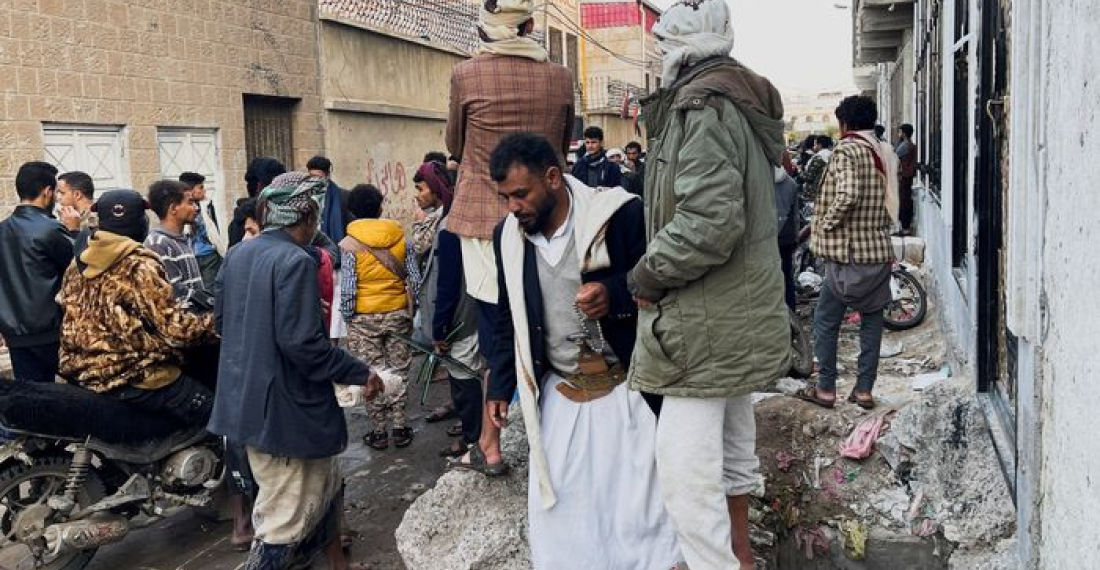At least 85 people have been killed in a crush at a school in the rebel-held Yemeni capital of Sanaa on Wednesday night (19 April). This figure is reported by The Guardian as of Thursday afternoon, although some sources give a higher death toll.
The crush took place at the Maeen school in central Sanaa as hundreds of people gathered in a narrow street to get charity handouts worth $9 from a merchant to celebrate the end of the holy month of Ramadan, known as Eid al-Fitr.
On top of the at least 85 confirmed dead, The Guardian reports that some 322 were injured, 50 of whom critically so.
The rebel Houthi movement has controlled Sanaa since the start of the war in Yemen in 2014. The head of their Supreme Revolutionary Council, Mohammed Ali al-Houthi, said the merchant received people via a back gate that was reached by a narrow street and steps, resulting in overcrowding and a crush when the gate was opened.
The Associated Press meanwhile have quoted two witnesses who said that the crush began after Houthi forces fired into the air at an attempt at crowd control, allegedly hitting an electrical wire, causing an explosion and leading to panic.
The UN special envoy for Yemen, Hans Grundberg, said he was "pained and deeply saddened by the tragic stampede on the eve of Eid", adding that "my heartfelt condolences go out to all Yemenis grieving today and I wish the injured a speedy recovery."
The head of the Houthis' General Zakat (Alms) Authority said it would pay $2,000 to each family who lost a relative, while the injured would get around $400.
source: commonspace.eu with BBC, The Guardian
photo: WSJ






